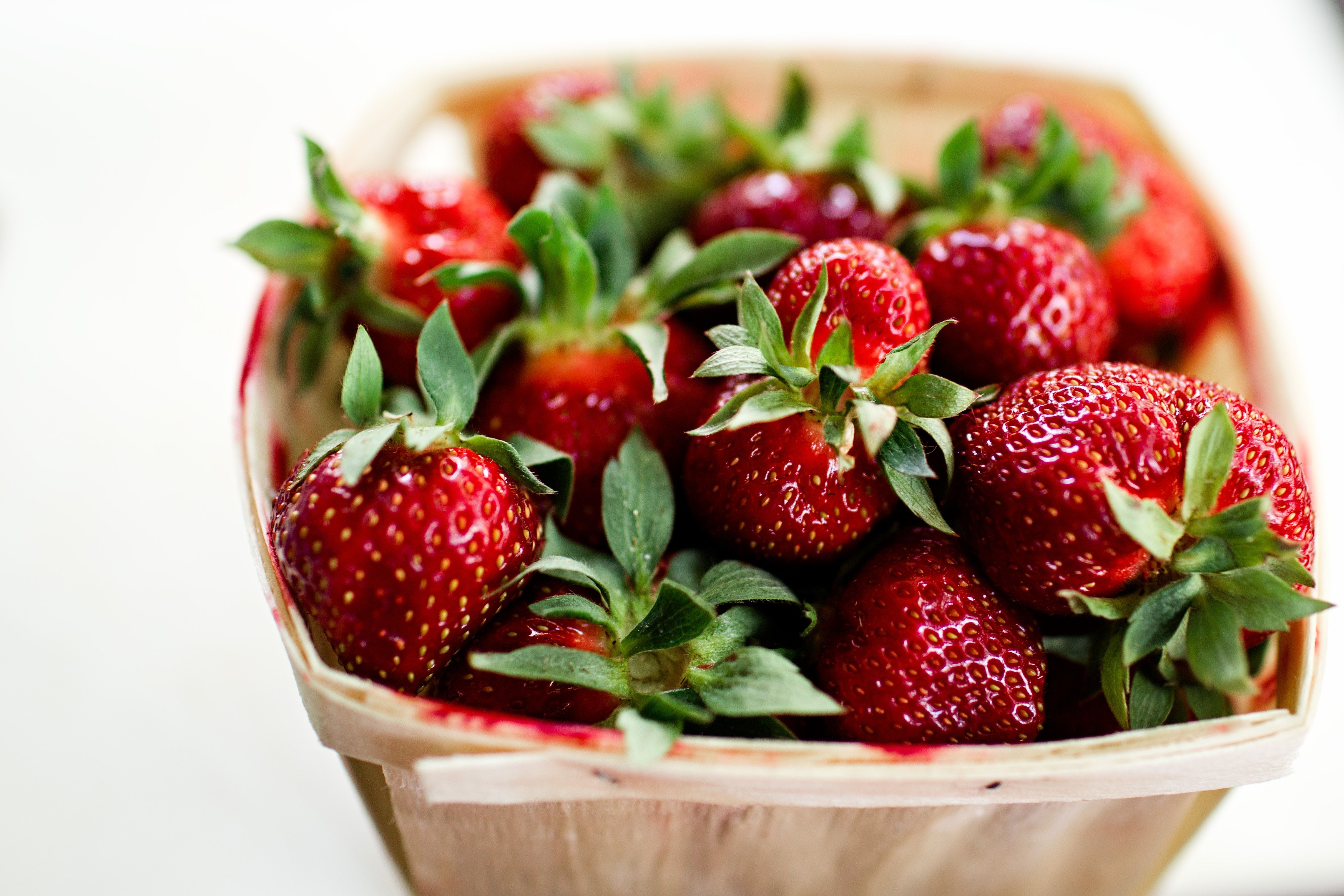Starting a Summer Health-Kick
Everybody wants to look and feel their best, especially in the summer, so we have compiled a list of advice for a summer health kick.
After nine months of university life and a term spent sat in the library, our bodies are tired of pasta, noodles and other quick meals. In the summer, most of us have more time to devote to improving our diets and consequently feeling better about ourselves. The following advice can be incorporated into everyday diets to help you achieve this.
The most obvious tip first – drink water! Water consumption depends on a variety of factors such as weight, sex, activity, weather, but the NHS suggests that generally we should be drinking around one to two litres of water per day; this is roughly eight glasses. Whilst drinking water sounds like a very basic piece of advice, it can actually do wonders for your body. Water can improve your skin, boost your immune system and also assist in control food consumption as it will make you feel fuller. Try starting your day with a glass of water with lemon, before drinking coffee or tea. This will help clear out your system and refresh you for the day ahead.
Eat enough fresh fruit – In the summer months there is a bigger variety of fruits available in supermarkets: blueberries, raspberries, cherries, strawberries, peaches, watermelons…the list goes on. And each of them provides the body with important and useful vitamins. Fruits are low in fat, calories and sodium, whilst also being rich in potassium, vitamin C and folic acid. Smoothies, juices and fruit salads are easy ways to incorporate fruit into your diet.
Eat enough vegetables – At university, it is easy to make your meals more carbohydrate based to help sustain yourself, and because it usually makes cooking easier and quicker. During the holidays, we should try to shift the focus of our meals to vegetables. Like fruits, they are low in calories and fat, and full of vitamins and goodness. Additionally, if possible buying organic and locally sourced vegetables is better both for you and the environment. Here are some superfood vegetables you should try to eat as much as possible: Avocados, Spinich/ kale, Broccoli, Beets and Brussels sprouts.
Reduce salt intake – Salt can be bad for a number of reasons, it can contribute to risk of cardiovascular disease, as well as being damaging to the kidneys and causing bloating. Aim to use less salt and instead use herbs and spices to season food. Herbs are healthy because they cantain iron, calcium, magnesium and other beneficial minerals.
Reduce unhealthy snacking – This is difficult because when we are at home it’s easy to go into the kitchen and grab a biscuit, pack of crisps or whatever we find around the house. Snacking doesn’t have to be bad for you, but instead aim to replace unhealthy snacks with healthy alternatives. Here are some healthy snack ideas:
- Carrot sticks/ celery sticks and hummus
- An apple (or slice it and add peanut butter)
- A banana (or slice it and add some nutella)
- Crackers with cream cheese
- Mixed nuts
- Dried fruit
- Sliced peppers (with hummus)
Eat grains – To go with your vegetable-oriented meal try adding buckwheat, frekkeh or quinoa instead of pasta and rice. These grains provide you with energy, fiber, healthy bacteria, protein and magnesium. They are versatile as well and can be eaten hot or cold, as a side, main or as a salad, and there are lots of delicious recipes online.
Reduce bread intake – Bread is amazing, you can eat it with so many different things and all throughout the day. But shop-bought bread is full of additives and preservatives. Try swapping it for a healthy multiseed, wholegrain or brown loaf. If you have time during the summer, try making your own bread, it is actually very easy and affordable! Homemade bread contains only flour, water, yeast, and salt if desired, making it healthier than the bread you buy in a supermarket.

Comments